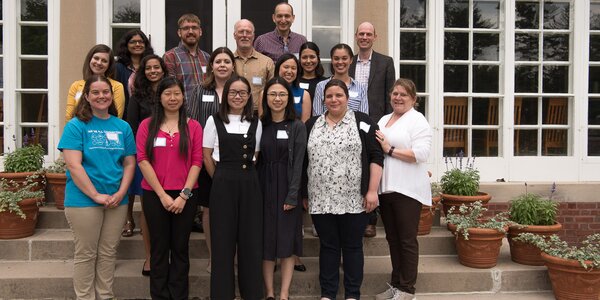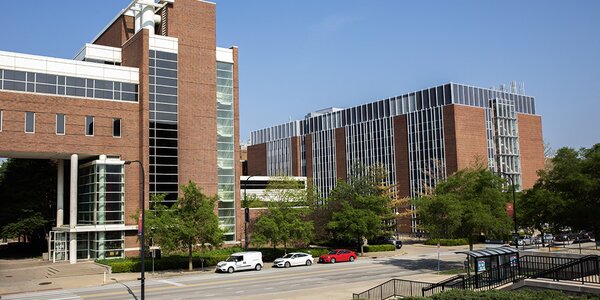In the Department of Molecular & Integrative Physiology
We strive to understand gene products at multiple levels of biological organization, from molecules and macromolecular complexes to cells, tissues, and whole organisms. With the tools of molecular genetics, biophysics, and modern systems biology, physiologists are at the forefront of life and biomedical sciences.
Block Reference
Molecular & Integrative Physiology News
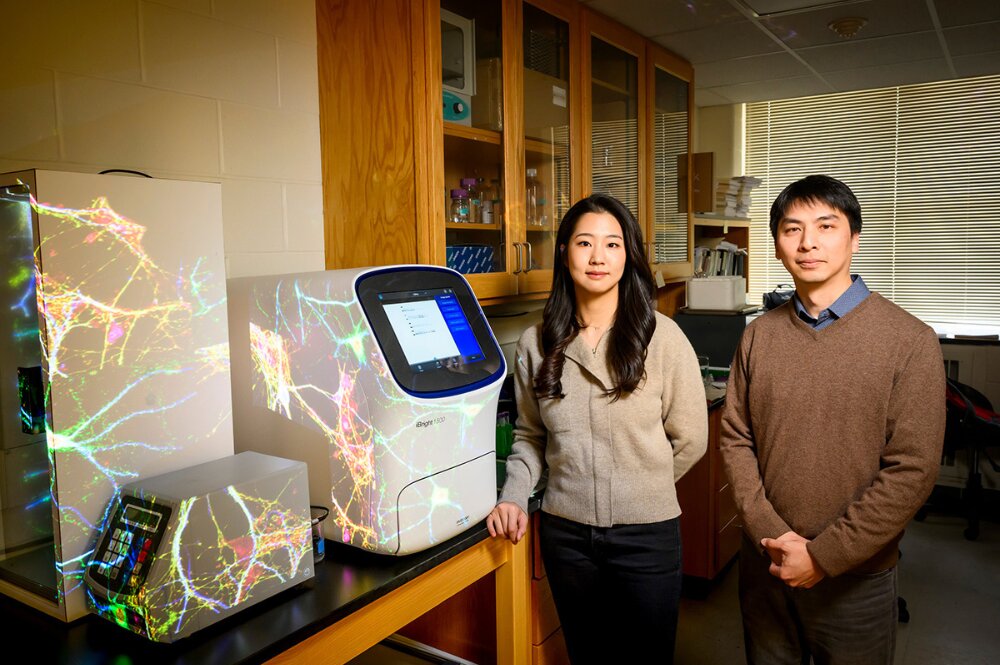
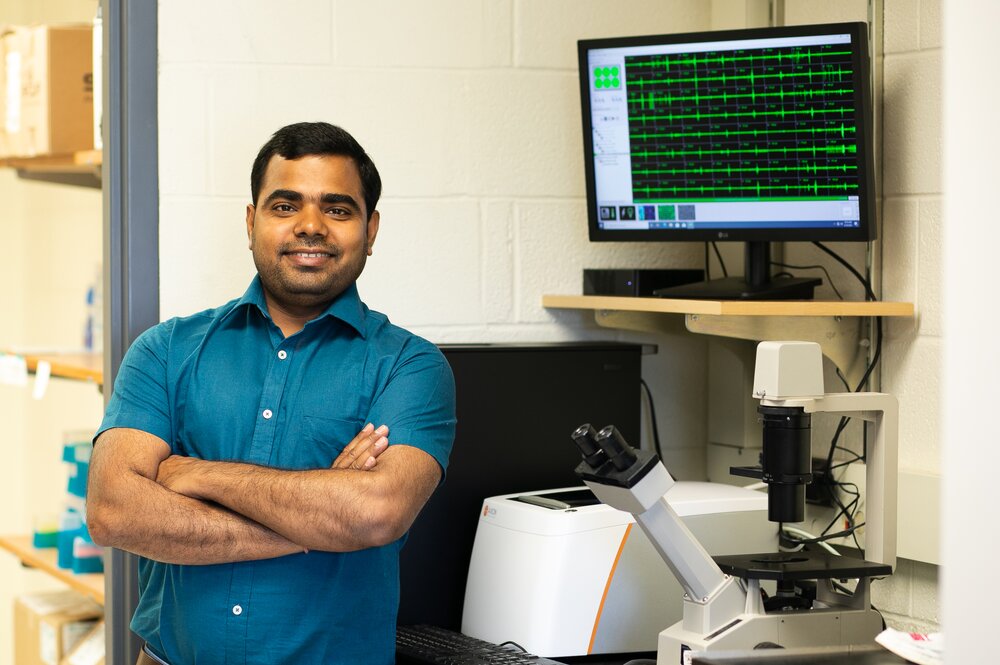

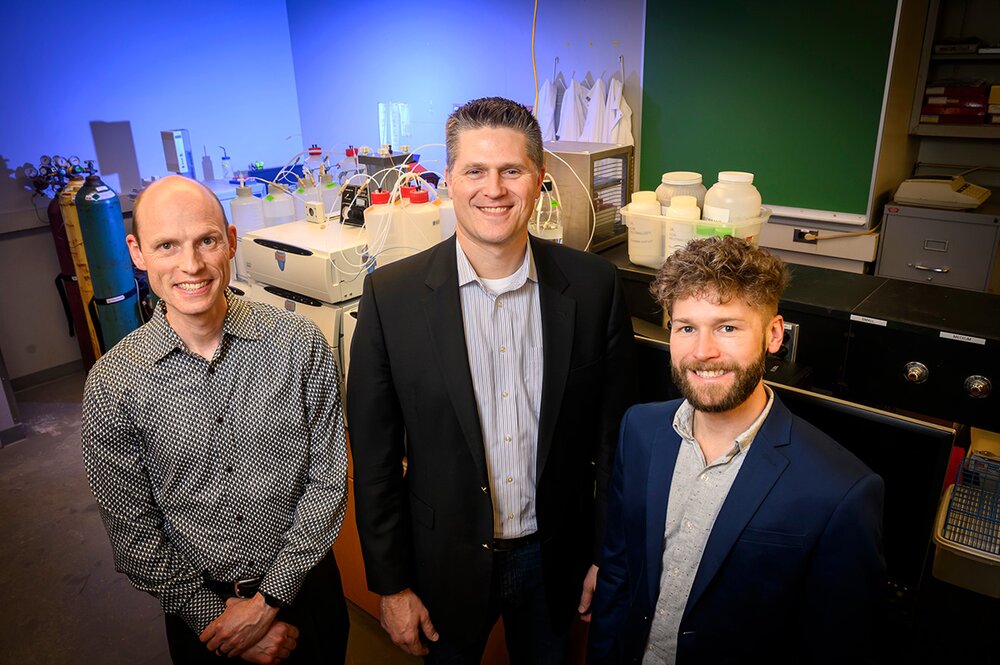


Subtitle
Join our collaborative, creative community.
Title
PhD in Molecular & Integrative Physiology
Title
PhD in Molecular & Integrative Physiology
Body
We are a close-knit, collegial group of scientists who explore a variety of physiological and disease processes using a broad range of experimental and computational techniques.
Upcoming MIP Seminars and Events
Body
Meet MCB's Molecular & Integrative Physiology Community



